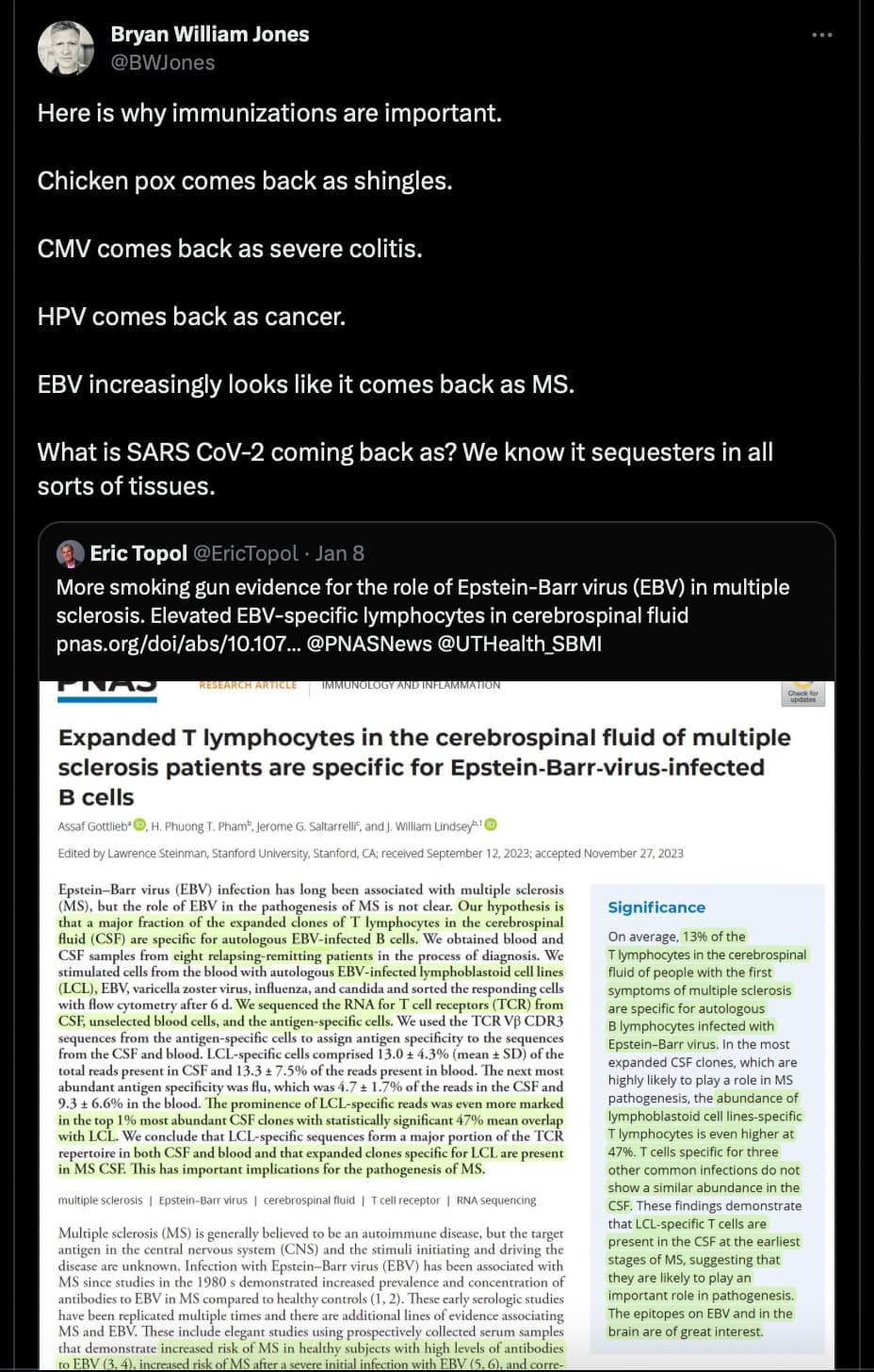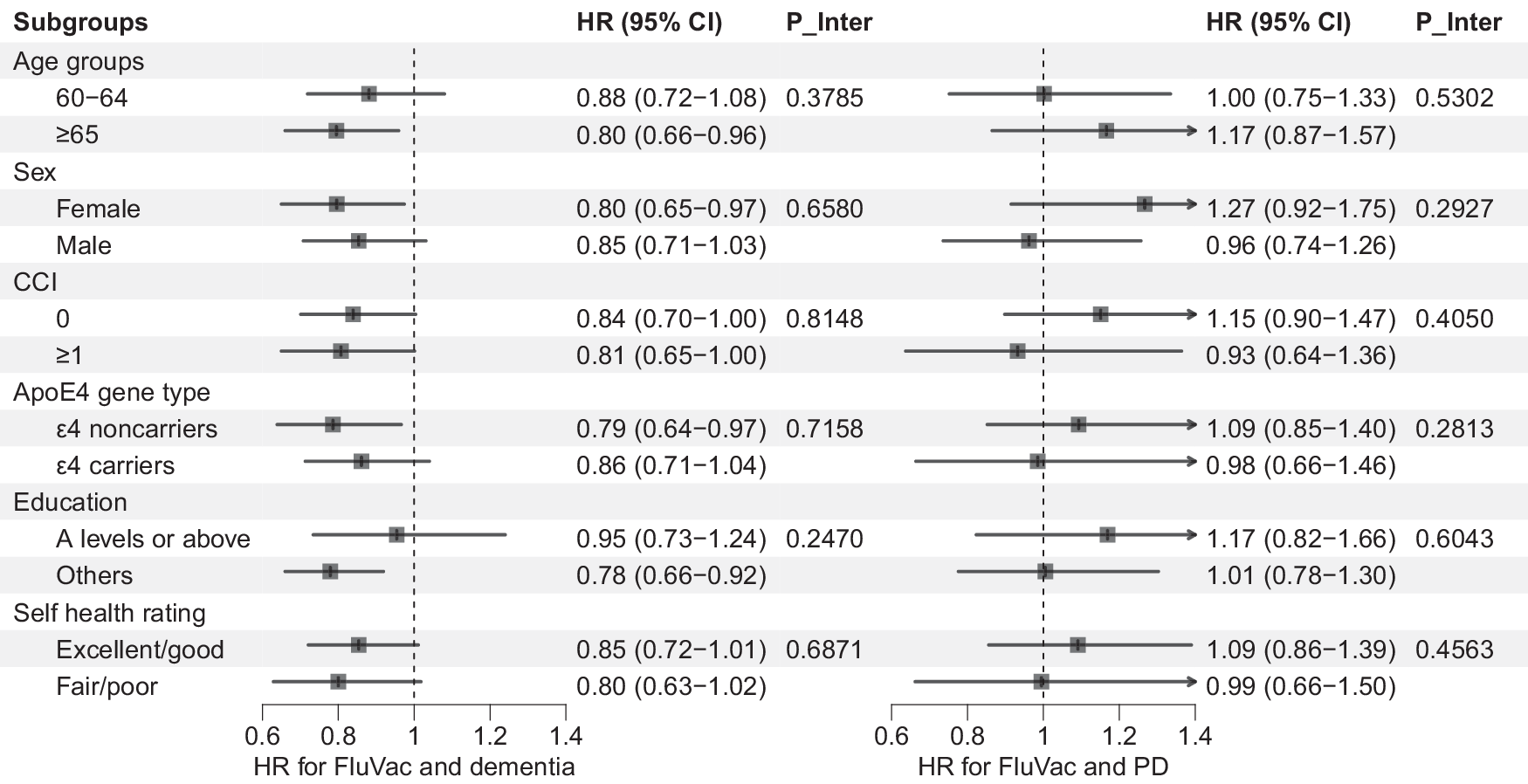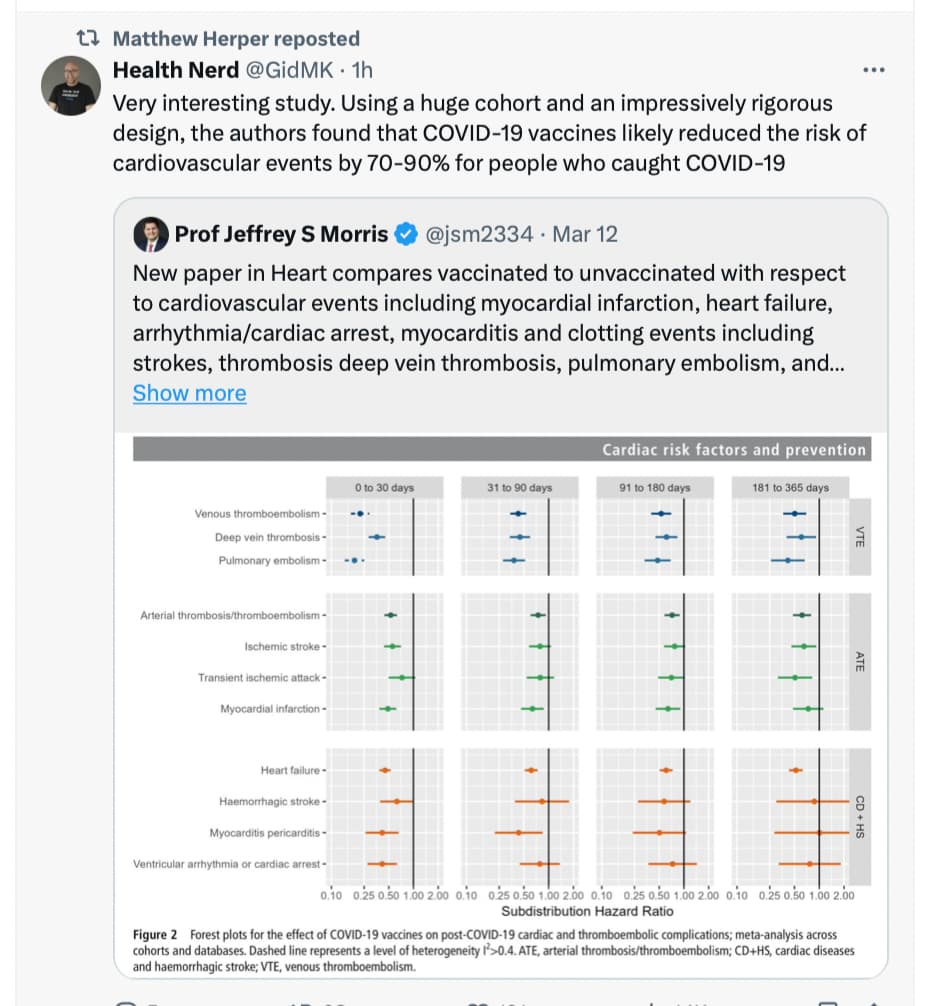I still don’t know if I want to take the yellow fever vaccine, and I haven’t read on how it affects non-cancer like heart disease and other things. I’m still too much of a novice to understand these articles I am presenting, so maybe others will have another view. I’m usually vaccine reticent, and never got the Covid vaccine, but as a traveler I’m confronted with having to take the yellow fever vaccine, and have read some interesting stuff regarding its possible anti tumor affects:
https://www.embopress.org/doi/full/10.15252/emmm.201910375
Live 17D is widely used as a prophylactic vaccine strain for yellow fever virus that induces potent neutralizing humoral and cellular immunity against the wild‐type pathogen. 17D replicates and kills mouse and human tumor cell lines but not non‐transformed human cells. Intratumoral injections with viable 17D markedly delay transplanted tumor progression in a CD8 T‐cell‐dependent manner
The yellow fever vaccine can reduce breast cancer risk by 54 percent, according to a recent study.
Yellow Fever Vaccine
Live, attenuated viral vaccines are used for immunization against yellow fever in high risk and endemic areas since the late 1930s. Aznar et al. used in vitro data to show that yellow fever (YF) vaccine (live 17D strain) kills both mouse and human cancer cells (human tumor cell lines representing colon cancer, renal cell carcinoma, breast cancer, and melanoma). Non-transformed fibroblasts were not affected. Intratumoral injection of 17D in female C57BL/6 bearing established MC38 colon carcinoma and B16-OVA melanoma tumors showed delay in tumor growth, improved survival but no cures. Using the MC38 model contralateral tumors not injected also trended to slowed tumor growth without showing evidence of viral replication in the non-injected tumors. Analysis showed that tumor growth retardation was mediated via CD8+ T cells. A clear synergy was shown when used with anti-CD137 but not anti-PD-1 antibodies. Further testing indicated that pre-immunization with 17D to promote YF immunity prior to tumor cell inoculation improved efficacy of intratumoral treatment once tumors had become established, as did earlier treatment (6 days after inoculation rather than 8 days) (152).
Some support for the finding that immunization with 17D might have preventive effects is provided by an observational study by Mastrangelo et al. They showed that in a cohort of 12,804 Italian women vaccinated with YF 17D vaccine, breast cancer risk was reduced by about 50% (incidence rate ratio=0.46; 95% CI=0.26–0.83) 2 years after vaccination (153). An earlier study by some of the same authors had investigated the effects of YF 17D immunization on melanoma risk. This cohort study, including a nested case-controlled study of melanoma and other cancers, showed that YF immunization was associated with a reduced risk of melanoma after 10 years (OR=0.26, 95% CI=0.07–0.96) (154). However, a subsequent study in US military personnel by Hodges-Vazquez et al. reported a no significant protective effect (OR=0.93, 95% CI=0.78–1.10) (155). The Mastrangelo study reported a protective effect after 10 years, whereas the US military study assessed the period up to 10 years. Importantly, one case-control study reported a positive association between YF immunization and the incidence of liver cancer (OR = 8.7, 95% CI: 1.0-76.3) but this association should be questioned by the small number of cases (n=11) and the multiple associations being tested (245 associations tested) (150).
A number of studies have shown that YF 17D induces polyvalent immune responses via activation of multiple TLRs on DC populations thereby eliciting a broad spectrum of innate and adaptive responses (156, 157).
To date the anticancer effects of YF 17D have not been investigated in a clinical trial setting.





